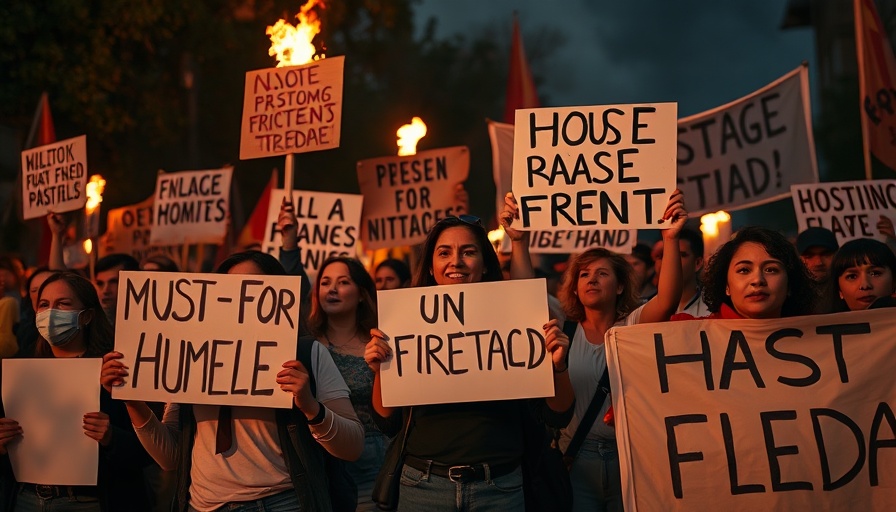
Unpacking 'Margarita-gate': A Political Stunt
Following a visit to El Salvador, Senator Chris Van Hollen is trying to draw attention to a contentious situation surrounding wrongfully deported migrant Kilmar Abrego Garcia. Dubbed 'Margarita-gate,' this incident highlights the intersection of politics and media manipulation.
Media Manipulation in Politics
Senator Van Hollen claims El Salvador's President Nayib Bukele orchestrated a media stunt during their meeting by placing margarita glasses on the table for a photo opportunity. Van Hollen asserted, “Everything happens because Bukele says it could happen,” emphasizing that the drinks were introduced midway through their conversation and that neither he nor Abrego Garcia touched them. This revelation raises questions about the lengths to which politicians may go to control narratives.
The Role of Social Media
The incident became widely known after photos were circulated on social media, further complicating the senator's diplomatic efforts. Politicians today often use social media to shape public perception, and 'Margarita-gate' showcases how a seemingly innocent setting can be weaponized against political figures. Van Hollen's assertion that the staged optics are part of a broader strategy by Bukele and supporters of Donald Trump reveals how intertwined social media and political maneuvering can be.
Context Matters: Why This Issue Is Important
As citizens engage in dialogues on immigration and political accountability, understanding incidents like 'Margarita-gate' is critical. Such stories can skew public perception and impact policy discussions around immigration. The more we know about the manipulation of narratives, the better we can analyze and respond to the challenges facing our political landscape.
Rethinking Political Narratives
This episode compels us to reevaluate how we consume political news. Van Hollen’s experience serves as a reminder that photos and social media posts can distort reality and challenge the public’s trust in political figures. As lawyers, accountants, and medical professionals—who often navigate complex ethical landscapes—this highlights the need for vigilance in discerning fact from fiction in our media consumption.
 Add Row
Add Row  Add Element
Add Element 



Write A Comment